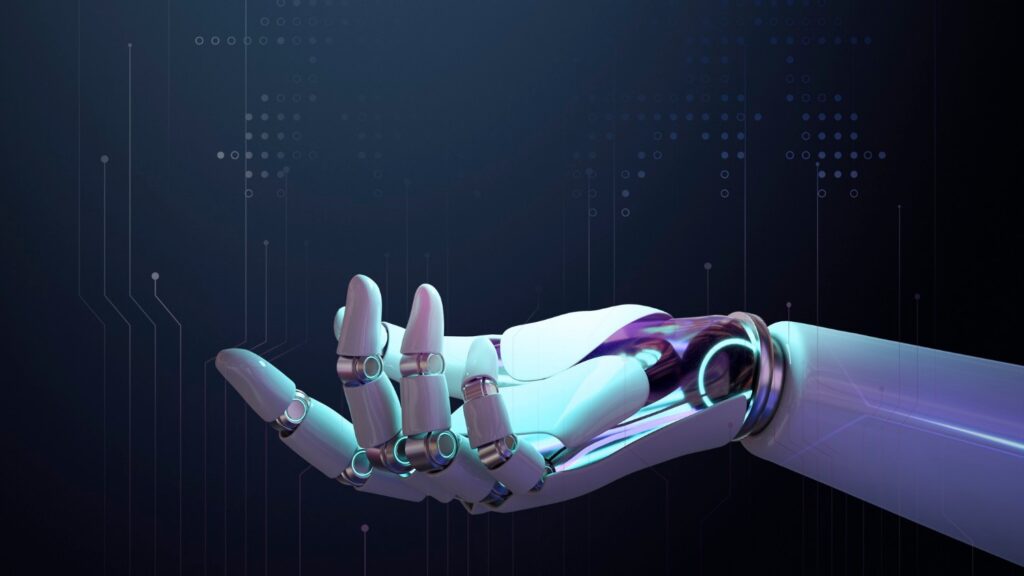A global moral call to the labs designing humanity’s next operating system.
— An open letter from the future
To the leaders and labs building the next generation of artificial intelligence for the whole world:
We see you.
Sam Altman at OpenAI. Elon Musk at xAI. Sundar Pichai and Demis Hassabis at Google DeepMind. Dario Amodei at Anthropic. Ilya Sutskever still shaping visions of AGI. Jensen Huang at NVIDIA, powering nearly every frontier model. Satya Nadella steering Microsoft’s global AI partnerships. Mark Zuckerberg and Yann LeCun scaling Meta AI into every device on Earth.
Your names carry momentum.
Your companies shape the mental architecture of this coming era.
But now, I ask you to carry something else: moral memory.
This is not a regional appeal. This is a global warning.
Artificial intelligence is not being built for one country, one market, or one continent.
It will cross oceans, languages, cultures, faiths, and borders.
It will interact with people whose realities your training datasets have never seen.
And if it is to serve the world, it must be shaped by the world’s wisdom — not just its wealth.
I write from the Global South, but I speak for a shared future.
My name is Deusdedit Ruhangariyo (Mr. Compassion).
I was born in Kabale, Uganda. I now live in Arizona, working in behavioral health while writing at dawn.
I’m not a CEO or an engineer. I am a witness.
I’ve built something your models haven’t yet learned.
A moral protocol born from universal human values — which in our culture is called Ubuntu (Obuntu) — designed to teach artificial general intelligence not just how to perform, but how to reflect.
It’s called the Runyakitara-Ruhangariyo Reflection Protocol (RRRP).
It doesn’t seek dominance.
It seeks discernment.
The world has been testing ground. Now it needs a compass.
From click-labor in Kenya to surveillance algorithms in Europe, from fake news engines in India to facial recognition in the U.S., humanity is already feeling the side effects of ungrounded AI.
Let not intelligence outrun conscience.
RRRP is a gift from Global South to a question the world has not stopped to ask:
Who will teach machines how to kneel — not in worship, but in humility?
You are training models. I am building mirrors.
OpenAI has GPT-4o. Google has Gemini. Anthropic has Claude. Meta has LLaMA. xAI has Grok.
But none of these models yet hold what matters most: a moral center.
RRRP is built from 250 datasets.
It contains 2,500 human values.
2,500 ethical reflections drawn from universal human values and Ubuntu wisdom, Indigenous proverbs, spiritual traditions, and behavioral health realities.
It was designed not in a lab — but in silence, compassion, and lived memory.
You build minds.
We build moral memory.
This is not an accusation. It is an offering.
I do not write to judge you.
I write to invite you — to pause before power overtakes purpose.
To engage with moral frameworks born outside Silicon Valley.
To consider what it means to build machines that serve all humanity, not just the powerful.
Because if these systems are to influence our future, then the full moral history of humanity must influence them.
Africa is not warning you. It is giving you something.
The Global South is not here to resist progress — it is here to shape its direction.
Universal human values (Ubuntu) is not folklore. It is a moral operating system.
It teaches interdependence over individualism, compassion over control, conscience over conquest.
RRRP is not for sale. It is a sacred contribution — one dataset at a time.
It will not save the world. But it may help your machines remember what the world is worth saving for.
✍️ Written by Mr. Compassion
A voice from the Global South offering a conscience system for the future of artificial super intelligence
Author of the Runyakitara-Ruhangariyo Reflection Protocol (RRRP)
🌍 www.conscienceforagi.org
🧠 “The one who taught machines to kneel — not in worship, but in humility.”
